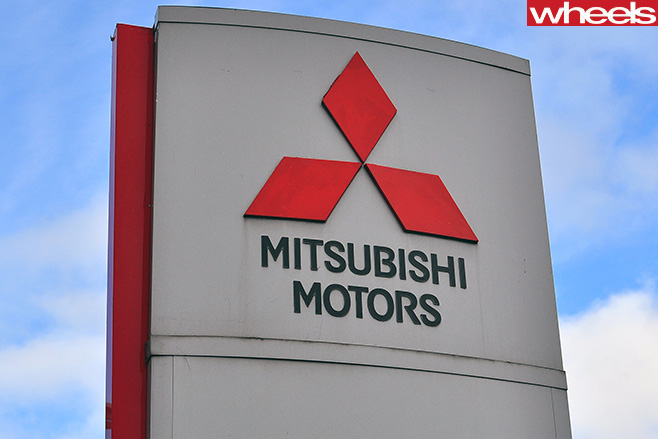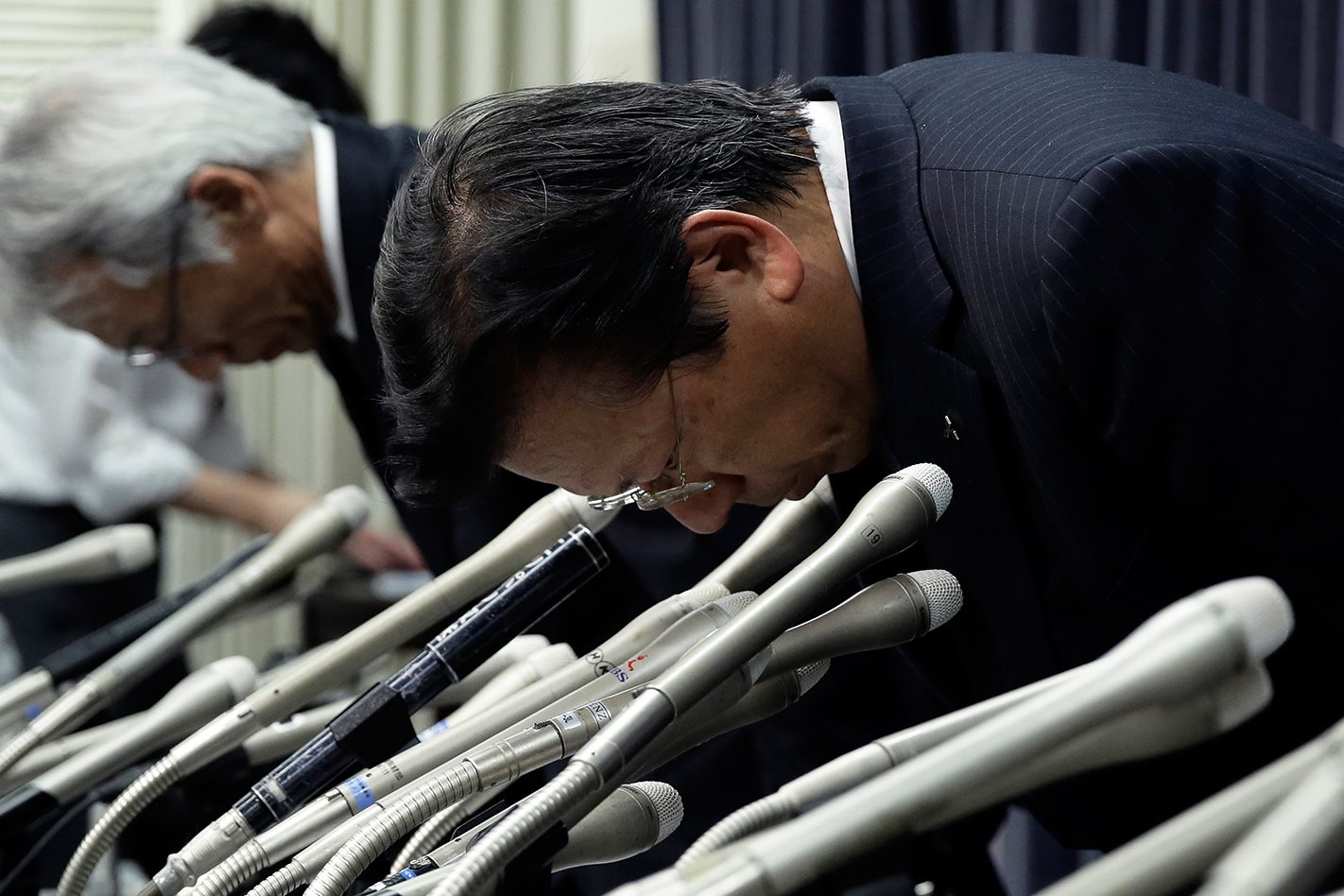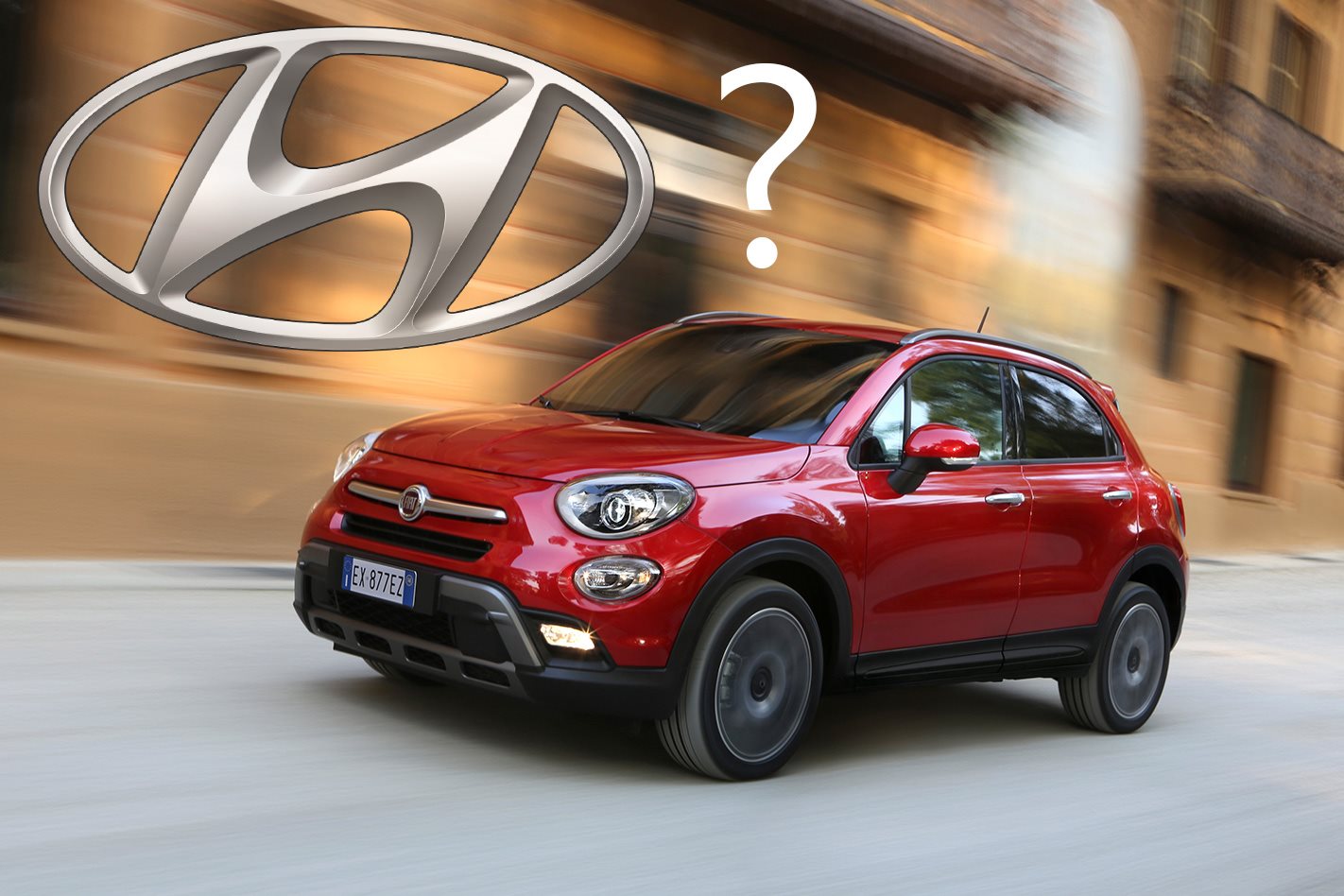THE LOCAL distributors for Peugeot and Citroen have received “clarification” from the brands’ French head office, claiming their Mitsubishi-produced vehicles sold in Australia are unaffected by the fuel efficiency scandal.
The news comes as the world awaits more details on the fuel rigging story currently engulfing the struggling Japanese brand.
Mitsubishi Motors Corporation (MMC) has admitted it falsified fuel test data to make cars appear more economical than they are. So far the cheating is confined to four models sold only in Japan, but more may be added to the list with MMC later stating that other models produced for the Japanese market were subject to the same improper testing.
Approximately 625,000 cars sold since June 2013 are known to be affected, including two variants of the Mitsubishi eK microcar – eK Wagon and eK Space – and two Nissan-badged cars called Dayz and Dayz Roox. Mitsubishi has sold 157,000 of the two eK models while Nissan Motors (NM) has sold 468,000 of the Dayz models.
Mitsubishi executives in Australia have not ruled out Australian models being affected, while the brand’s UK chief was forced overnight to defend the integrity of vehicles sold there.
MMC has volunteered to conduct its own investigation to find out whether or not the issue extends to vehicles sold overseas. The results of that inquiry could spread to implicate vehicles sold under other brands in Australia.

Peugeot 4008 and Citroen C4 Aircross SUVs sold in Australia were built on the Mitsubishi ASX production line in Japan. Locally delivered Peugeot 4007 models were also produced in Japan, based on Mitsubishi Outlander.
But the local distributors for Peugeot and Citroen in Australia, Sime Darby Motors Group, received notification today that there were “no Peugeot products involved”.
It’s not known how PSA knows its Mitsubishi-produced models are not impacted when Mitsubishi itself is yet to determine whether any other vehicles have cheated; one industry insider suggested the company may have conducted its own fuel tests.
Mitsubishi Motors Australia (MMA) would not speculate about whether or not cars sold in Australia had been subject to the same tests in Japan, but a spokesperson did say that MMA was not aware of any reason to temporarily remove cars from sale in Australia. MMA has not been contacted by Australian authorities on the matter.
The cars known to be affected use a 660cc three-cylinder petrol engine and had an advertised best-in-class fuel mileage figure of 29.2 kilometres per litre (3.4L/100km). MMC now says that figure was wrongly inflated by about 5 or 10 percent.
The issue was uncovered after Nissan questioned inconsistencies in data provided to it by MMC. MMC then carried out an internal examination and found tyre pressure data was manipulated to alter rolling resistance test results and make fuel mileage appear better than it actually is.
MMC has since said “the testing method which was different from the one required by Japanese law has been applied to other models manufactured by MMC for the Japanese domestic market”.
MMC has instructed Japanese dealers to stop selling the affected vehicles and removed all information about the eK models from its website, publishing an apology notice instead.
MMC share value fell by 15 percent after the announcement.





